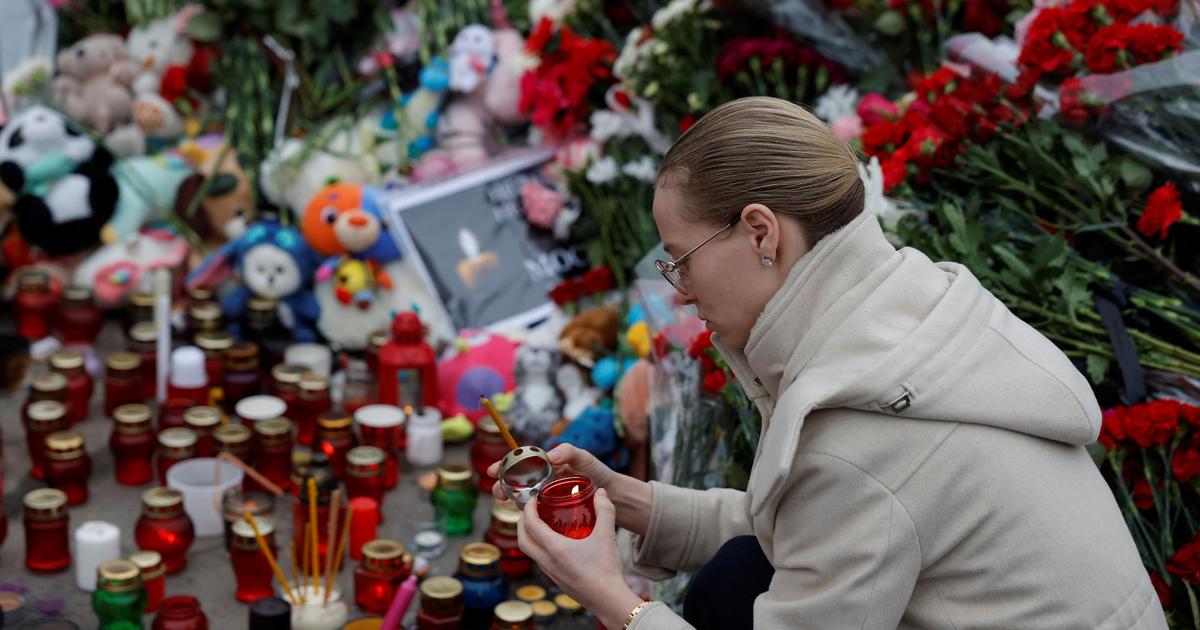Putin's understanding of history: map could reveal his long-term plans in Ukraine
Created: 02/24/2022Updated: 02/24/2022 10:20 p.m
By: Astrid Theil
President Putin attacked Ukraine.
© Alexei Nikolsky / dpa
Putin has decided to go to war with Ukraine.
His understanding of history gives clues as to what his long-term plans in Ukraine and beyond might be.
Moscow/Kiev – Russian President Vladimir Putin has ordered an invasion of Russian troops into Ukraine*, starting a war in Ukraine.
The Russian military has been attacking cities and military bases across Ukraine since the early hours of the morning.
This war is largely justified by Putin with reference to the history of Russia.
This fatal understanding of history also gives rise to speculation about Putin's long-term plans in Ukraine.
In his speech on Monday (February 21) following the recognition of the eastern Ukrainian regions of Luhansk and Donetsk as independent states, Vladimir Putin, referring to the country's history, denied Ukraine's right to exist.
He stressed that Ukraine owes its existence only to the generosity of Russian rulers.
"Modern Ukraine was created entirely by Russia, more specifically, Bolshevik, communist Russia," Putin said verbatim.
Ukraine should bear Lenin's name because he is the country's architect.
According to his understanding of history, Ukraine owes its nationhood to Lenin and large parts of the state to Stalin and Khrushchev.
War in Ukraine: Conceivable annexation of almost all areas
The invasion of Russian troops was thus justified as a precautionary measure and is now being continuously legitimized with recourse to a dangerous interpretation of Russian history.
Putin's remarks on Monday are picked up on by Russian state television
Rossiya 24
and visualized in the form of a map.
The broadcaster's report, which has been flickering across the screens for days, shows a map showing all the areas that Russia, according to Putin, gave Ukraine as a gift.
Shown are "gifts from the Russian tsars" in the north of the country, which also include Kiev.
Western Ukraine is described as a "Stalin's gift" and the Crimean Peninsula in the south of the country as "Khrushchev's gift".
According to this map, the “Lenin gifts” include large parts of southern and eastern Ukraine.
The area recognized by the Kremlin as Ukraine encompasses only a small area in the center of present-day Ukraine - shown in yellow in the Twitter post above.
Only within these borders does Russia make no historical claims and recognize Ukraine as a country.
Russian propaganda: "historical" reasoning used many times by Putin
In addition to the historical claim, the invasion of Russian troops in Monday's speech was also referred to as "denazification" and as an action to prevent genocide against Russians on Ukrainian national territory.
This form of propaganda already took place in connection with the annexation of Crimea in 2014. At that time, just a few hours before the annexation, similar maps were presented, spreading the alleged gift of Crimea by Khrushchev.
This largely historically incorrect interpretation of Russian history by Putin has been sharply criticized by many experts and, above all, disclosed.
The German-Ukrainian Commission of Historians drew particular attention to this in a statement on Thursday (February 24): “The instrumentalization of history plays a prominent role in Putin's war rhetoric that accompanies the attack.
It is egregious and history-changing that Putin invokes a goal like “denazification” in his war.
"
Justification of the war "amateurish and does not stand up to scientific criticism"
The intertwined European history cannot be used for current territorial claims: “Ukraine is a European nation.
Many European nations share with their neighbors an intertwined history of common rule dating back to the Middle Ages and early modern times.” Germany and Austria are mentioned as a comparison.
The Ukrainian-Russian historical interdependence draws Putin in favor of an imperial policy towards Ukraine.
“Putin's historical reasoning is amateurish and does not stand up to academic criticism.
However one judges this, under no circumstances should the past be used to pursue a policy of military aggression today," says the statement by renowned Eastern European historians.
The statement also points out that there are no treaties restricting the choice of alliances between Ukraine and other Eastern European countries.
So Putin's statements in this context do not correspond to any historical fact.
Putin's foreign policy: former Soviet states fear Russian attack
How far Putin uses this understanding of history for his foreign policy plans remains to be seen.
It is currently unknown whether the areas to which he makes historical claims will be annexed or whether he will even go beyond that.
In the case of Crimea, Putin's historical claims and his political actions coincided: he annexed.
His historical arguments are particularly fearful for some states that used to belong to the Soviet Union.
These include the Baltic states and the Republic of Moldova.
(at)
*Merkur.de is an offer from IPPEN.MEDIA





/cloudfront-eu-central-1.images.arcpublishing.com/prisa/3F5GZOSQQ4QC7BZOAN6C2LFXRU.jpg)



